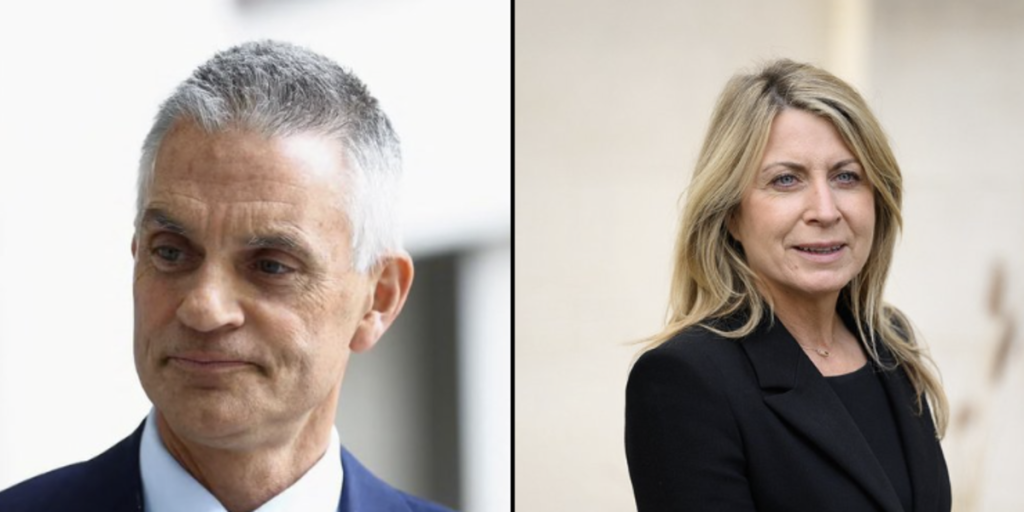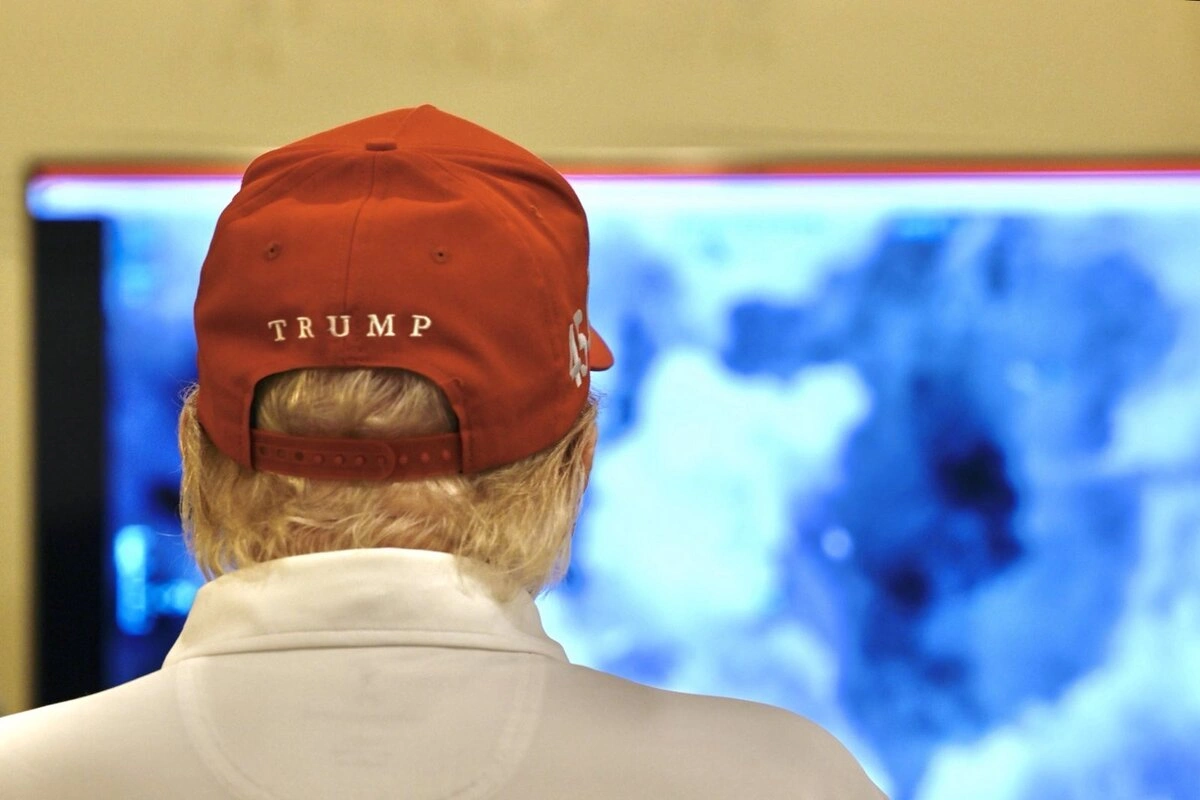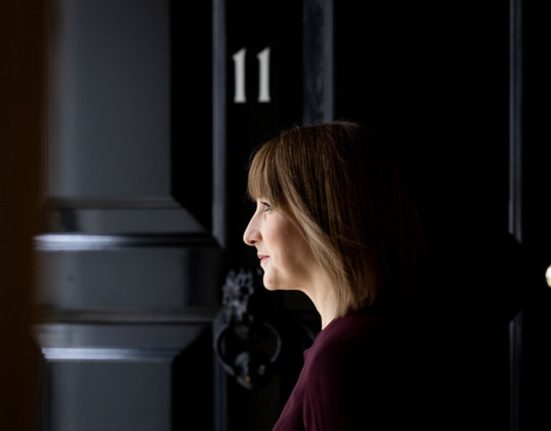Britain’s national broadcaster in turmoil as Trump demands public contrition over misleading Jan 6th Capitol speech video edit
In a week that has shaken Britain’s national broadcaster to its core, President Donald Trump has formally threatened to sue the BBC for $1 billion, accusing it of defamation and deliberate editorial manipulation.
The fallout has already claimed two of the corporation’s most senior figures – Director-General Tim Davie and BBC News CEO Deborah Turness – raising urgent questions about accountability, public trust and the use of taxpayer funds.
Panorama under fire: a billion-dollar mistake?
At the heart of the controversy lies a BBC Panorama documentary that aired in October 2024, which edited Trump’s January 6th Capitol speech in a way that allegedly implied incitement to violence. Trump’s legal team argues the edit was “intentionally and deceitfully” spliced to misrepresent a “calming” address as a radical call to arms..
BBC Chairman Samir Shah has admitted the edit was an “error of judgement” and issued a public apology, acknowledging the clip “gave the impression of a direct call for violent action.” Trump’s legal counsel has demanded a full retraction, apology, and financial compensation by Friday – or else … litigation.

BBC leadership collapse
The resignations of Davie and Turness have been framed by some as acts of integrity, but others see them as tacit admissions of institutional failure. Davie cited “intense personal and professional demands” and the “current debate around BBC News” as contributing factors. Turness, meanwhile, defended the BBC’s editorial standards even as she stepped down.
Critics argue the timing of their departures – just hours after Trump’s legal threat – suggests deeper culpability. Labour MPs have called for further scrutiny, including the removal of Sir Robbie Gibb from the BBC Board, citing political bias and erosion of impartiality.
Public money and insurance: Who pays?
With Trump’s legal team demanding $1bn in damages, questions loom over whether the BBC is insured against such claims – and, if not, whether public funds could be used to settle. The BBC has yet to confirm its indemnity position, but any payout from the licence fee would ignite a firestorm of public outrage.
Culture Secretary Lisa Nandy has announced an imminent review of the BBC Charter, pledging to ensure the broadcaster remains “fiercely independent” and “genuinely accountable.” But independence means little if public money is used to clean up editorial malpractice.
Editorial integrity or institutional bias?
This scandal is not isolated. It follows years of mounting criticism over perceived bias, opaque editorial decisions, and a growing disconnect between the BBC and the public it serves. Trump’s lawsuit may be the catalyst for long-overdue reform.
What’s clear is this: the BBC has been caught red-handed. Whether the resignations are acts of honour or strategic retreat, the damage is done. The public deserves answers, not platitudes. And if public money is at stake, accountability must be swift, transparent and binding.
West Midlands News will continue to monitor developments and demand clarity on behalf of the region and the nation.







